
People who travel to Laos are easily enchanted by exotic scenes not commonly seen in other parts of the world. They can relax in an environment free of cell phones and the Internet. They can certainly loudly call for preserving the wildlife of Laos: the Mekong River, forests, elephants, endangered species and so on.
There are numerous things that need to be saved. But what about humans? Who can save those children and villagers who live in hunger and are dressed in rags? Can a well-preserved environment allow them to live in dignity?
My colleagues' description of Laos reminded me of a slogan that was popular at the beginning of China's reform and opening-up: If you want to become rich, build roads first.
At that time, many of China's remote areas began building roads and hydropower stations. They set up cooperative enterprises, and gradually stepped onto the path of development.
It was also at that time that the notions of "blood transfusion" and "blood forming" emerged.
The development of remote and poor areas depends on outside support, which served as the source of "blood transfusions," to build infrastructure, and later these areas had to make their own efforts, or "form their own blood," to maintain the vitality of the development.
This is the path that China used to take. It can become the choice of Laotians too. There is no perfect or balanced development path for any country, and Laos is no exception. At the beginning of development, the priority is to let more people have sufficient nutrition and let remote areas have roads and electricity.
On Tuesday, Thailand announced its grand plans to invest about $70 billion to build basic infrastructure such as roads and railways, so as to pull itself out of the "middle-income trap." This could inspire Laos.
China is helping Laos develop by building infrastructure. It is partly assistance and partly commercial activity. China has its own interests, and that's nothing to be ashamed of. The key is how to promote Laos to "form their own blood" through the presence of Chinese investment, rather than to deny Chinese investment as a whole.

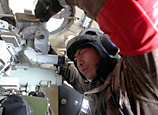
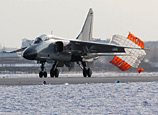
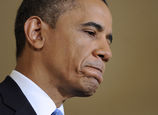
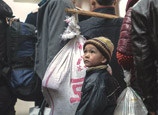
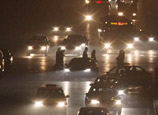
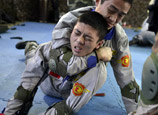
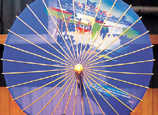
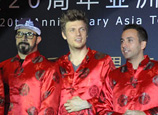
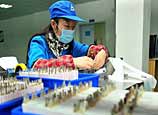







 Beijing style: Duck, opera, fog and cough...
Beijing style: Duck, opera, fog and cough...


![]()
